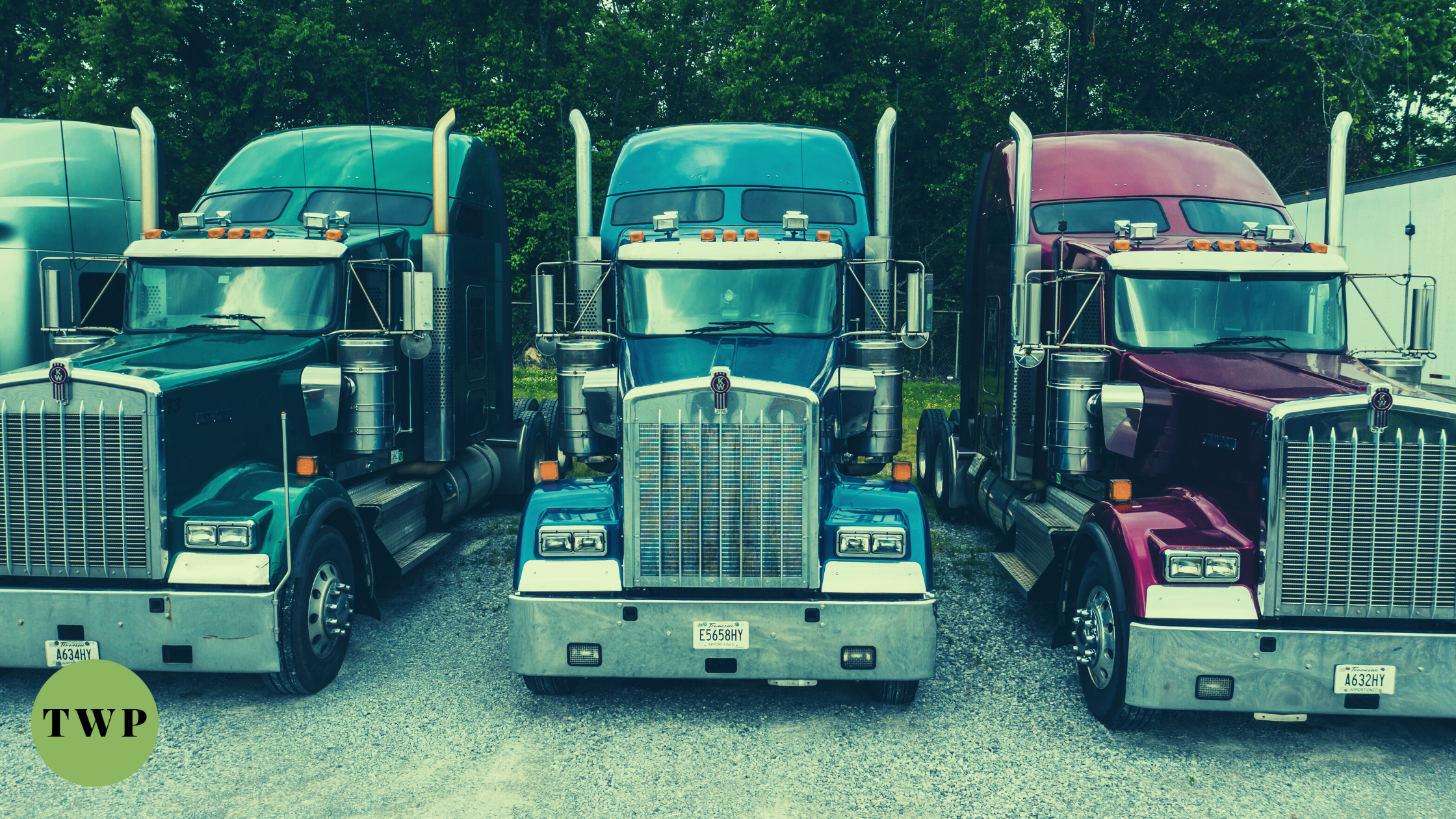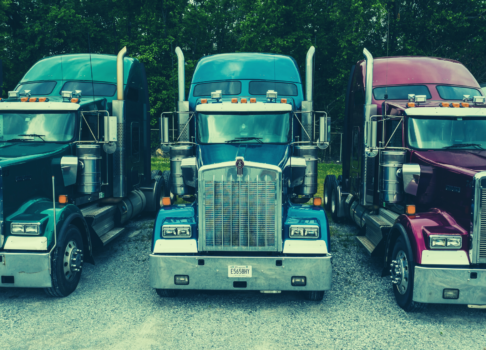What is important to know about the trucking industry?
Industry size and demand: The trucking industry is one of the largest in the world, employing millions of people and hauling trillions of dollars’ worth of goods annually. It is a crucial component of the global supply chain, and demand for trucking services is expected to continue growing in the coming years.
Regulations and compliance: The trucking industry is heavily regulated, with strict rules and regulations governing everything from the size and weight of trucks to the number of hours drivers can work. Companies must be compliant with these regulations in order to operate legally and maintain good standing with customers and regulators.
Technological advancements: The trucking industry is rapidly adopting new technologies, such as electronic logging devices, GPS tracking, and autonomous vehicles. These advancements are improving efficiency, safety, and profitability for companies and drivers alike.
Driver shortage: The trucking industry is facing a severe driver shortage, which is driving up costs and reducing capacity for many companies. The industry is actively working to recruit and retain drivers, but the shortage is expected to persist for the foreseeable future.
Environmental impact: The trucking industry has a significant impact on the environment, from emissions to road wear and tear. Companies are increasingly focused on reducing their environmental footprint through measures such as fuel-efficient vehicles, alternative fuels, and more efficient routing and scheduling.
Competition and consolidation: The trucking industry is highly competitive, with many small and large players vying for market share. Consolidation is common, with larger companies acquiring smaller ones in order to increase their market power and competitiveness.
Labor relations: The trucking industry has a complex relationship with labor, with drivers often working long hours for low pay and facing challenges related to regulations, working conditions, and job security. Companies are working to improve working conditions and address these concerns in order to attract and retain drivers.
What do I need to do to start driving commercial trucks?
Obtain a commercial driver’s license (CDL): To drive a commercial truck, you will need to obtain a CDL, which is a specialized license issued by the Department of Motor Vehicles (DMV). To get a CDL, you will need to pass a written test and a skills test, which will evaluate your knowledge of the rules of the road and your ability to operate a commercial vehicle.
Meet medical requirements: To work as a truck driver, you must be in good physical health and pass a medical examination. This examination will ensure that you have the physical and mental capability to operate a commercial vehicle safely.
Choose a trucking company: Once you have obtained your CDL, you will need to choose a trucking company to work for. This can be done by researching different companies and their reputations, or by attending a job fair or job placement center. You should also consider the types of routes you want to drive, the pay and benefits offered, and the company’s culture and working conditions.
Complete training and orientation: Most trucking companies provide training and orientation programs for new drivers. This training will cover the company’s policies and procedures, as well as on-the-road training to help you become familiar with the types of vehicles you will be driving and the routes you will be taking.
Start driving: Once you have completed your training and orientation, you can start driving for the company. It is important to maintain good safety records and a professional demeanor, as this will help you advance in your career and increase your earning potential over time.
In addition to these steps, it is also important to be aware of the regulations and requirements of the trucking industry, including hours-of-service rules, drug and alcohol testing, and other compliance requirements. By following these steps and staying informed about industry developments, you can build a successful career in the trucking industry.


